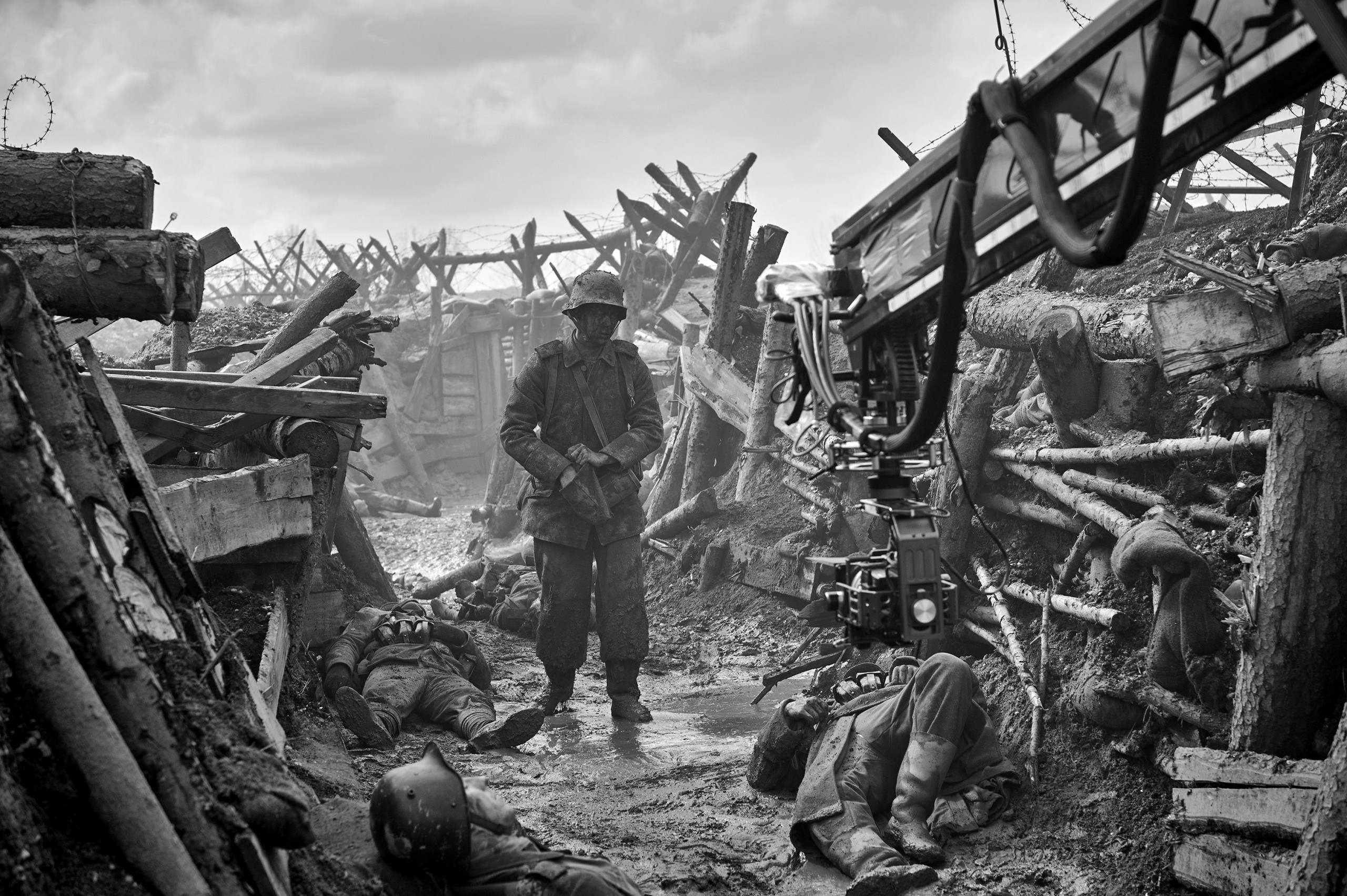Paul, like many other schoolboys, went straight to war to defend the cause that his Fatherland had fought for, but on the other side of the front, where other soldiers with the title of "enemy" were different. Whatever you are, they are fighting for self-respect for a variety of reasons, and the losses are numerous. The fear of death is greater than all others; even if you have to run at full speed with your legs' coccyxes, how valuable is the moment of regaining the right to live? When enemies throw away their weapons and remove their uniforms, they can become brothers. There were almost no real thoughts about the latter path on the front lines. Gas, grenades, rifles, and cannons surrounded them. Fire and smoke are synonymous with the field hospital's operating rooms and the separation of life and death.
In the twenty-first century, Paul was well aware that he and his comrades were both old soldiers. Natural experiences of youth such as love, family, school, and dream-building are being replaced by experiences of death and destruction. At the brink of life, "we didn't have time to take root before the war swept us away." The key factor is not freedom, but rather training. The soldier's instinct with training and combat reality, aggressiveness, comradeship, and always being in a ready and serene position, is that the most dangerous times are the most alert.
Paul observes, companions, and witnesses many familiar faces before pausing. When a teammate dies, writing letters to their loved ones becomes a huge burden. It is sometimes necessary to give them a humane death so that they do not have to go through any more pain on their death journey. Blockhouses and camps, field hospitals, and wounded trains are all dark and foreboding places.
How old are the soldiers on the battlefield? It has mastered a few skills, including playing cards, swearing, and fighting. They became funny young people who liked to joke and make jokes after the battle, and they were excited with petty thefts to satisfy their appetite, such as stealing a goose to make dishes. Roast goose to use goose feathers as a pillow and write "Sleep peacefully in the fire." What a sweet and clever new method of reassurance. And how simple is those boys' sense of peace, it is the moment of looking at a beautiful young woman in the photograph with a fluttering mood. War can only sap physical strength, but love endures. War can only wear down physical strength, but there is still a strong love of life somewhere.
Who are our soldiers? They are 19-20-year-old boys who are still in school and have a lot of hopes and dreams for their future. They could also be a locksmith, a coal miner, or a farmer who is preoccupied with their field and their wife. Or are they inexperienced - "anemic pale children who need to be pampered, they can't carry a backpack, but they know how to die thousands at a time." They have no concept of war; they only know how to advance and let the enemy hide in one place while shooting as they please."
Who is the adversary? "They have thought-provoking faces, simple peasant faces, wide foreheads, wide noses, thick lips, big hands, thick hair, and they are just miserable people like me." How convenient it is to use them to plow fields, cut grass, and pick apples. They appear meeker than our peasants... as they begin a low, soft, and soothing voice, a voice that evokes warm fireplaces and houses. at ease in the country... They don't say much and only say a few words. They are more human, and I think they love each other more than we do. Maybe it's because they go through more than we do... Their lives have no name and no sin."
The book as a whole exudes the senseless, meaningless nature of war. It was all because "on a certain table, people we didn't know signed a document; thus, over the years, our supreme aim became that which should be despised and severely punished in peacetime."
On one day in October 1918, the report on the war situation simply stated, "The West is not strange." Except for one person, the front appeared to be quiet. Paul is unlucky to have been left to witness the terrible devastation of war on both material and immaterial levels. He was bored with himself and lonely. It is a result, of an obsession, and a syndrome that prevents him from returning to reality, even though his family longs to welcome him back. The story ended with us seeing Paul in the middle of the war: "There was a time when I slept very soundly." I had no idea where I was when I awoke unexpectedly. I looked at the stars and the rockets and imagined myself falling asleep in the middle of a garden festival. I'm not sure if it's morning or evening; all I know is that I'm lying in the twilight on the pale homeland, waiting for the gentle words to be said, gentle and peaceful..."


